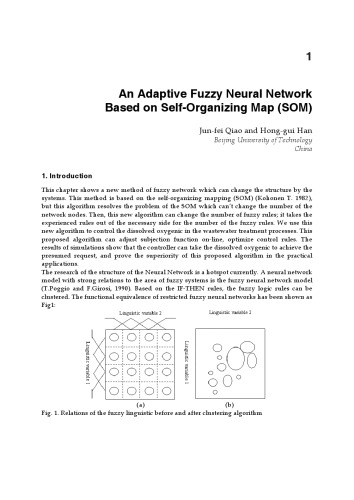

Most ebook files are in PDF format, so you can easily read them using various software such as Foxit Reader or directly on the Google Chrome browser.
Some ebook files are released by publishers in other formats such as .awz, .mobi, .epub, .fb2, etc. You may need to install specific software to read these formats on mobile/PC, such as Calibre.
Please read the tutorial at this link: https://ebookbell.com/faq
We offer FREE conversion to the popular formats you request; however, this may take some time. Therefore, right after payment, please email us, and we will try to provide the service as quickly as possible.
For some exceptional file formats or broken links (if any), please refrain from opening any disputes. Instead, email us first, and we will try to assist within a maximum of 6 hours.
EbookBell Team

4.8
34 reviews

ISBN 10: 3642976107
ISBN 13: 9783642976100
Author: Teuvo Kohonen
The book we have at hand is the fourth monograph I wrote for Springer Verlag. The previous one named "Self-Organization and Associative Mem ory" (Springer Series in Information Sciences, Volume 8) came out in 1984. Since then the self-organizing neural-network algorithms called SOM and LVQ have become very popular, as can be seen from the many works re viewed in Chap. 9. The new results obtained in the past ten years or so have warranted a new monograph. Over these years I have also answered lots of questions; they have influenced the contents of the present book. I hope it would be of some interest and help to the readers if I now first very briefly describe the various phases that led to my present SOM research, and the reasons underlying each new step. I became interested in neural networks around 1960, but could not in terrupt my graduate studies in physics. After I was appointed Professor of Electronics in 1965, it still took some years to organize teaching at the uni versity. In 1968 - 69 I was on leave at the University of Washington, and D. Gabor had just published his convolution-correlation model of autoasso ciative memory. I noticed immediately that there was something not quite right about it: the capacity was very poor and the inherent noise and crosstalk were intolerable. In 1970 I therefore sugge~ted the auto associative correlation matrix memory model, at the same time as J.A. Anderson and K. Nakano.
Front Matter
Mathematical Preliminaries
Justification of Neural Modeling
The Basic SOM
Physiological Interpretation of SOM
Variants of SOM
Learning Vector Quantization
Applications
Hardware for SOM
An Overview of SOM Literature
Glossary of “Neural” Terms
Back Matter
self organizing maps
the self organizing maps can be considered as
teuvo kohonen self organizing maps
self organizing maps python
self organizing maps in r
self organizing maps vs k means
Tags: Teuvo Kohonen, Self, Organizing, Maps